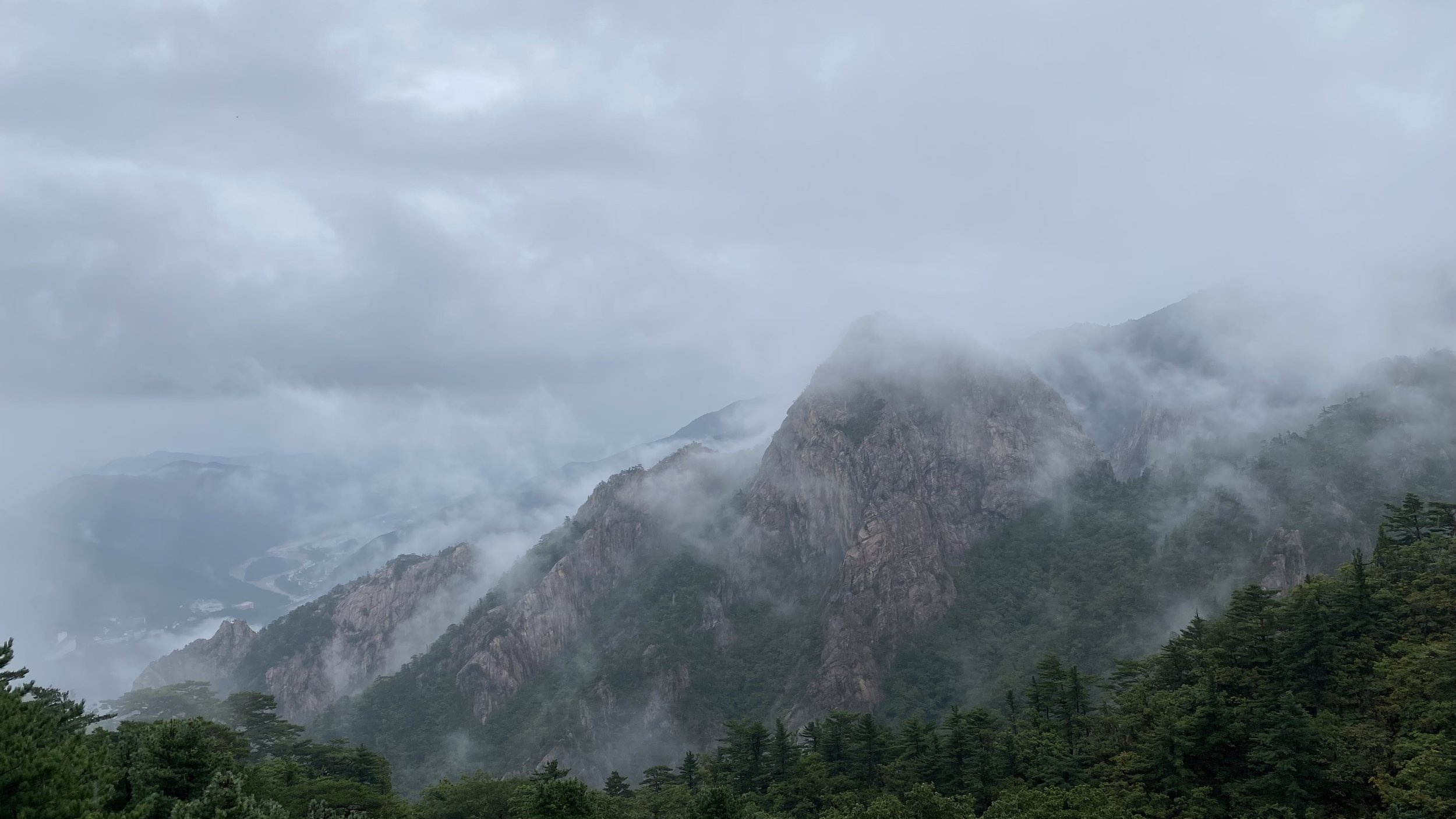ENCHANTMENT OF LIFE
I ask you again: if you have not been enchanted by
this adventure—your life—what would do for
you?
From Evidence, Devotions: The Selected Poems of Mary Oliver
The enchantment of life does not have to be the most rapturous kind of life. To overlay another poem of Oliver, Praying, what captures our magical imagination does not have to be “the blue iris but weeds in a vacant lot.” The enchantment of life does not have to pertain to a predictable fairy tale narrative of someone who once was ragged and unassuming becoming beauty adorned in finery. Certainly, we do not need to diss what stands as accepted enchantment for it captures all our childhood imagination. We also know that our life consists of mundane, unspectacular facets, and wears and tears. Such life teaches us that life happens to us rather than we make life happen. This is far from being fatalistic but a warm and willing embrace of being aware of life as it unfolds in real-time.
To me, the most intimate and ultimate enchantment of life is the Christ incarnate. Therein lies the secret and invitation of true enchantment. God becoming and coming to us as humans—the most revolutionary kind precisely because he came to us so humbly—is the basis on which enchantment becomes “real” enchantment. Paradoxically, this kind of enchantment is certainly not the most visible and the most glamorous kind. It is down at the ditch level. The incarnation of Christ was so radical and revolutionary that the vast majority of people missed it while looking at him squarely in the face. In fact, some are still searching. Rather than God coming down from high commanding heavens and stars, God chose and would still choose to be born in the human form in the stable.
As part of the incarnation, Christ had to live his life, a very ordinary and human life. At least according to the gospels, Jesus’ life was so mundane that it is left to our imagination (especially the first 30 years of his life), both sweet and wild. Living our life at the speed of life, not surpassing or fast-forwarding life, is the very invitation. As Christ accepted to live his life, we are to accept the life that is given to us. I tell myself to remember, Teilhard de Chardin’s words, “My self is given to me far more than it is formed by me.” We are the small Christ incarnates in this world, fulfilling God’s subversive plan of filling this earth with the upside-down reality of the Kingdom of God. God’s plan will always be undermining the power and knowledge holders, not by another form of power, but by love, the self-emptying kind, and mystery.
Would we know where to sit without carpenters (including what Joseph and Jesus were and did)? Would we know comfort and security without the carpenters? (I cannot imagine Jesus was a shoddy carpenter or somehow, he did it for the lure of money.) Would we have learned to read without “alphabet makers?” Would we have traveled the world without the explorers and mapmakers? Would we have defeated the leprosy without the invention of drugs? Would we have enjoyed the coffee without the monks accidentally discovering the potent energy in the beans? Would we (I especially) have learned the joy of slurping noodles without farmers who grew wheat and cooks who discovered we did not have to eat dough all the time?
I would like to think that we are invited to discover enchantment in the most meek and unassertive arenas of life. The biggest reason is—that is where Christ is. The world—the rulers and the empires—does not and cannot see or agree. Rulers rule from on high whereas Christ resides in the ditches, shops, offices, kitchens, etc. Life is also not segmented into spiritual and natural or sacred and secular. We finally get to see everything belongs and that everything is spiritual. The segmented or divided life gets tiring and unauthentic rather quickly. The wholistic and integrated life stands as attractive, authentic, and should I say, enchanting.
The incarnation of Christ serves as a constant reminder and the existential model for me to live my enchanting life to the fullest, the undivided, and the most authentic and adventuresome. The struggle to walk this kind of life or this state of being cannot happen without crossing the frontier of seeing with wholism and hope of my being as well as all the others. Embracing to live my life this way is the most faithful way to say yes to Christ’s incarnation.
Somewhere between revelation and random, I close with a short section of another Oliver’s poem, Sometimes.
Instructions for living a life:
Pay Attention.
Be astonished.
Tell about it. (Italicized are hers.)
How do we pay attention to the full and in earnest if our life remains segmented and divided?
How do we become enchanted without being astonished?
How do we invite the world to see the enchantment without us telling about it?
